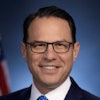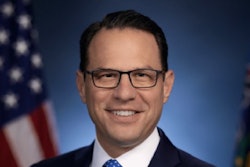
“These shorter programs are often for nontraditional, working, and older students—and those are the students who have the least amount of time available,” said Dr. Gregory Fowler, president of the University of Maryland Global Campus (UMGC), an online public university. “We’re trying to think about people who want to do programs that can fit their schedules to open doors for them.”
Last month, Fowler joined a group of higher education and business leaders in signing a letter to members of Congress, calling for including online education institutions in the Pell Grant expansion to short-term programs.
Another one of the signatories, Scott Pulsipher, president of Western Governors University (WGU), which is a private, nonprofit, online higher education institution, noted that broadening Pell to short-term programs is a key step toward diversity, equity, and inclusion. Many people who seek short-term programs are students of color. But to Pulsipher, the proposed Pell expansion does not go far enough.
“This odd exclusion of online-only programs seems completely out of step with reality,” he said, noting a Northeastern University study published in December 2021 that found 71% of C-suite executives stated they perceived an online credential as “either generally equivalent or higher quality when compared to one completed in-person.”
Yet some say that leaving online programs out of Pell is a guardrail, especially given the history of many for-profit colleges using federal funds for predatory practices. Such critics argue that bringing Pell eligibility to online, short-term programs, even when run by nonprofits, could still risk putting federal dollars behind an education of potentially lower quality and lower value.
"I do acknowledge that the two-year and four-year routes are not for everyone, but these guardrails to omit online programs and for-profits are there to eliminate bad actors," said Dr. Monique Ositelu, senior policy analyst for higher education at New America, a public policy think tank.






















